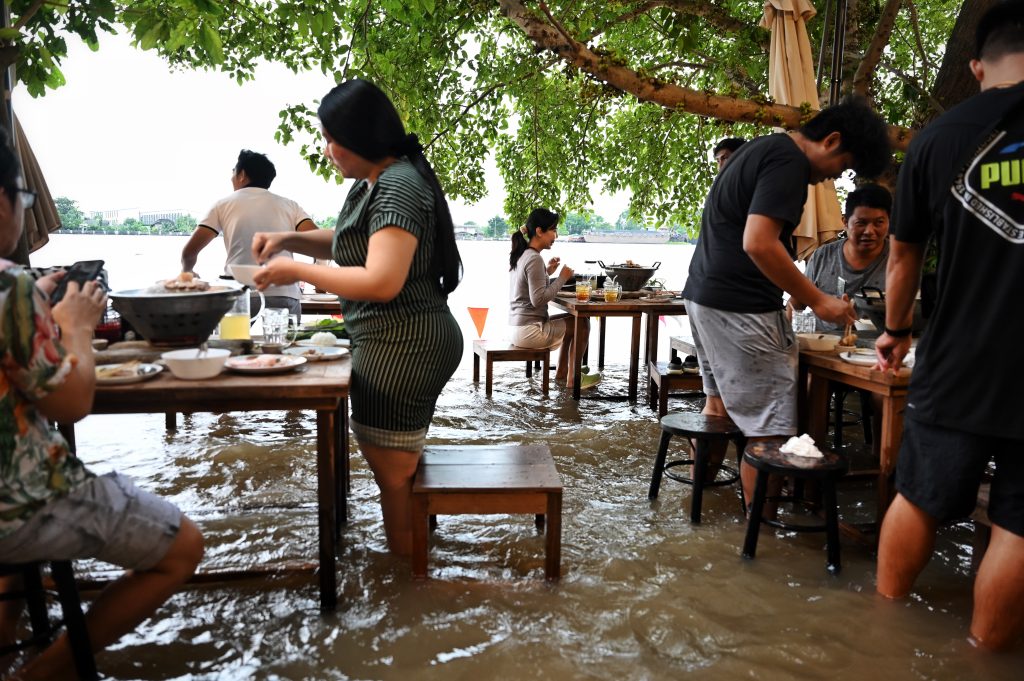Thailand plans to fully re-open to vaccinated tourists from countries deemed low risk from November 1, the country’s leader said Monday, citing the urgent need to save the kingdom’s ailing economy.
Before the pandemic, Thailand attracted nearly 40 million visitors a year drawn to its picturesque beaches and robust nightlife, with tourism making up almost 20 percent of its national income.
But COVID-related travel restrictions have left the economy battered, contributing to its worst performance in more than 20 years.
Premier Prayut Chan-O-Cha announced Monday the country will be reopening its borders to vaccinated tourists travelling by air from “low risk countries.”
The 10 nations considered low risk include Britain, the United States, China, Germany and Singapore.
“When they arrive, they should present a (negative) COVID test… and test once again upon arrival,” the prime minister said in a televised address.
After getting a negative test, “they can travel freely like Thais,” he said.
His announcement significantly loosens up current restrictions in place for vaccinated tourists, who must undergo at least seven days hotel quarantine.
Thailand’s so-called “sandbox” scheme in Phuket — which allows vaccinated tourists to move freely around the popular beach island — currently requires them to remain there for a week.
Visitors outside of Thailand’s designated 10 low-risk countries are welcome, “but they have to be in quarantine,” said Prayut, adding that more nations would be added to the greenlit list in December.

‘Live with it’
Earlier this year Prayut had vowed the country would reopen in October, stating its vaccination campaign would be sped up to reach 70 percent of the population.
To date, 48 percent of Thais nationwide have received at least a single vaccine dose, while more than 30 percent have double-jabbed, health officials said Monday.
The capital Bangkok — once famed for its nightlife — is still currently under a nighttime curfew, as well as a booze ban in bars and restaurants.
Prayut said Monday authorities will “consider allowing alcoholic drinks in restaurants and reopening entertainment venues under strict health measures” during the New Year’s Eve period — previously a money-maker for the kingdom’s tourism sector.
He acknowledged his decision to reopen in less than a month came with the risk of more coronavirus cases.
“But I think the people will not be able to stand it if they have to lose a second chance at this business opportunity,” the premier said, pointing to countries like Britain and Australia loosening their travel restrictions.
“The time has come for us to ready ourselves to face the coronavirus and live with it… much as we have learnt to live with other diseases with treatments and vaccinations,” he said.
Last year, Thailand lost about US$50 billion in tourism revenue as foreign arrivals plunged 83 percent to 6.7 million, from a record 39.9 million two years ago.
The kingdom is still registering about 10,000 new cases a day — largely fuelled by the highly contagious Delta variant. It has more than 1.7 million cases to date and has recorded 17,751 dead.